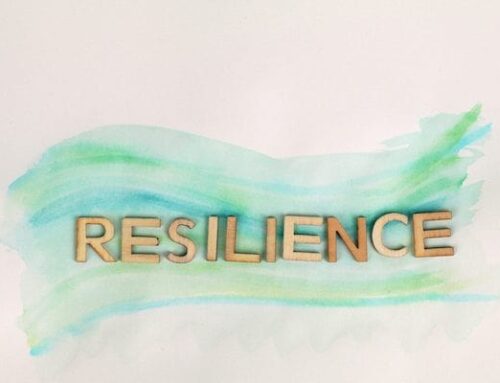 Recovering from an addiction can be a long and rocky journey. As much as you might want every moment to be smooth and easy, that usually isn’t the case. Real life is still out there, and it’s often filled with difficult situations.
Recovering from an addiction can be a long and rocky journey. As much as you might want every moment to be smooth and easy, that usually isn’t the case. Real life is still out there, and it’s often filled with difficult situations.
When you’re a recovering addict, those situations can sometimes make it feel impossible to stay on track.
But, the best thing you can do is prepare yourself ahead of time as much as possible.
You won’t always know what to expect on your recovery journey. But, if you’re in the right mindset to handle difficult situations, you can overcome them more readily, and continue on a positive path.
With that in mind, let’s cover a few examples of difficult situations you might encounter, and how you can get through them.
Understanding High-Risk Situations
 Difficult situations are often considered “high-risk” for those recovering from addiction. They don’t have to be life-changing occurrences. Instead, they can be small triggers that might make you feel the need to relapse.
Difficult situations are often considered “high-risk” for those recovering from addiction. They don’t have to be life-changing occurrences. Instead, they can be small triggers that might make you feel the need to relapse.
Your high-risk situations might be different from someone else’s. So, it’s important to know what triggers you and what affected you in the past when you were using. Some of the most common difficult situations recovering addicts face include:
- Mental health conditions like anxiety or depression
- Experiencing happy, excited emotions
- Loneliness or isolation
- Attending celebratory occasions
You might also be in a high-risk situation based on your location or the people you’re with. If the people you spend time with are still using drugs or drinking, you’re putting yourself at risk every time you’re around them. They might even encourage you to “try something”, making it even more difficult to avoid a relapse.
Avoiding Difficult Situations
One of the best things you can do to cope with high-risk situations is to avoid them as much as possible.
That means never keeping drugs or alcohol in your home. It also means avoiding the people and places associated with your addiction. By putting yourself back in those situations, you’re automatically creating a higher risk of relapse.
Even using drugs or alcohol on special occasions is risky, so it’s best not to give yourself a “pass” of any kind while you’re recovering.
How to Deal With Difficult Situations
 Unfortunately, there may be times where you’re unable to avoid every high-risk situation. Life happens, and much of it is out of your control.
Unfortunately, there may be times where you’re unable to avoid every high-risk situation. Life happens, and much of it is out of your control.
When you’re in recovery, learning how to handle those situations that are out of your control will make it easier to cope. That starts with a proactive mindset. Acknowledge that challenges will come instead of convincing yourself everything is going to be easy. When you know the battle is real, you’ll be more ready to fight in it.
Anticipate those situations as often as possible. You might not have control over what happens. But, many times, you might be able to have an idea of whether something might be hard for you to handle. When you’re able to anticipate, you’re also able to formulate a plan of action. Obviously, you’ll have to be flexible. But having a basic plan in place before going into a situation will provide a sense of comfort, as well as strength.
Finally, make sure you have a support system in your corner. Some days will be harder than others. Some situations will be more intense than others. It’s important to have people in your life who are safe. That could be friends, family members, a mentor, or even an addiction recovery support group.
Knowing that you’re not alone in your recovery will make any situation easier to handle, because you’ll always have someone who believes in you to help you through it. If you are ready for additional support, please feel free to contact me to schedule a 20 minute consultation call.
To learn more about therapy for addiction recovery, click here.





